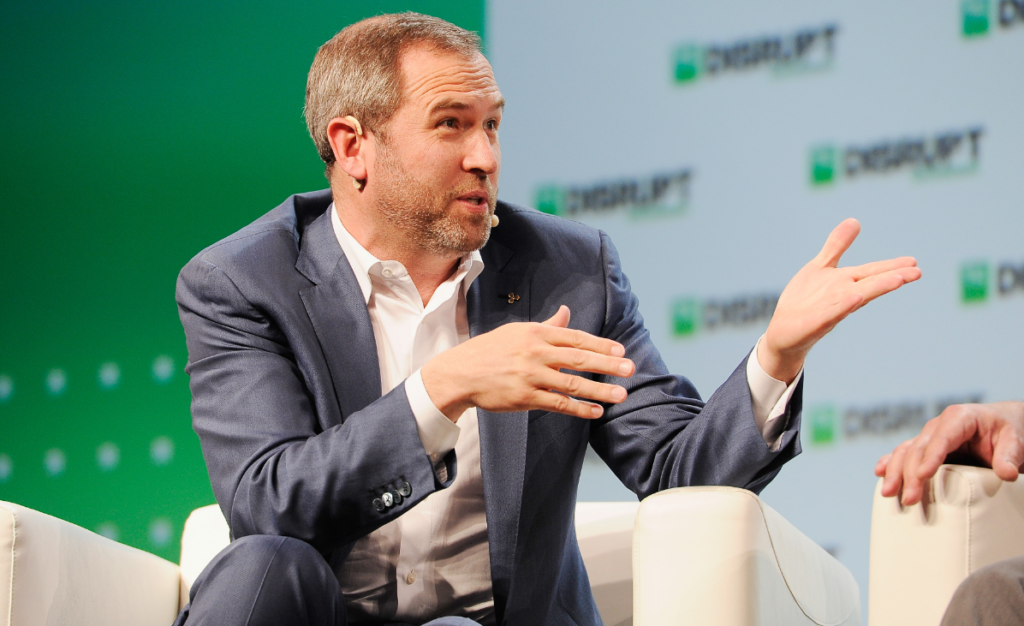Ripple CEO Brad Garlinghouse’s comments regarding the U.S. presidential election predicting a substantial increase in crypto funding has sparked discussions.

Brad Garlinghouse, a prominent proponent of blockchain and crypto technology, underscored that political candidates will increasingly align with pro-crypto positions to secure votes. He stated in a recent post on X,
Candidates will only gain votes for being pro-crypto and lose them for being anti-crypto. There’s no downside to advocating for clear rules of the road for one of the U.S.’ fastest-growing industries.
Meanwhile, the Ripple CEO’s remarks underscore the increasing influence of cryptocurrency in American politics. It is important to note that pro-crypto organizations and investors have already allocated approximately $150 million to campaigns over the past four years.
His comments have significantly heightened the discourse regarding the potential influence of cryptocurrency advocacy on the political landscape in the United States.
In other words, market observers are currently assessing the impact of cryptos on electoral outcomes as the debate regarding digital asset regulation intensifies.
This funding has not only facilitated the election of new allies in Congress and the defeat of legislators perceived as threats to the digital asset industry, but it has also supported pro-crypto regulation. Conversely, Brad Garlinghouse’s statements correspond with more extensive developments in the cryptocurrency sector.
Industry leaders such as Ripple and Coinbase have been at the vanguard of advocating for more favorable regulatory frameworks. Their endeavors serve to emphasize the critical role that blockchain technology and digital assets will play in the forthcoming election cycle, which has the potential to influence policy decisions and voter sentiment.
Cryptocurrency influence is on the rise
The impact of cryptocurrency on U.S. politics is becoming more apparent. A recent article by Erin Griffith, a journalist from New York, emphasized this trend in discussing the impact of crypto money on electoral dynamics.
She shared the article on X and observed that while $150 million is not significant in the crypto sector, it is typically higher in the political landscape. This sentiment emphasizes the substantial influence that even modest contributions from the crypto industry can have on political campaigns.
Meanwhile, the Ripple CEO’s advocacy for cryptocurrency is widely recognized, particularly in light of the company’s ongoing legal disputes with the U.S. Securities and Exchange Commission (SEC).
Ripple has been a steadfast proponent of more transparent regulatory guidelines, contending that the current regulations impede innovation and development in the digital asset sector.
It is important to note that this advocacy is now expanding into the political sphere, where pro-crypto funding is expected to impact the development of policy and regulatory frameworks significantly. Furthermore, the most recent remarks from Brad Garlinghouse indicate that the political calculus regarding cryptocurrency is evolving.
In other words, the Ripple CEO predicted that candidates who support explicit crypto regulations and embrace digital assets will receive substantial support from the crypto community.
By contrast, those who oppose or advocate for excessive industry regulation may encounter substantial opposition, potentially affecting their electoral prospects.
